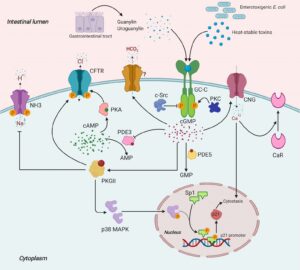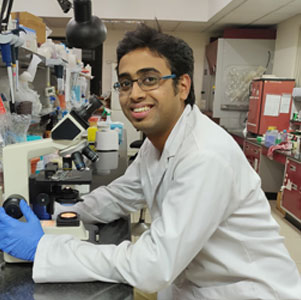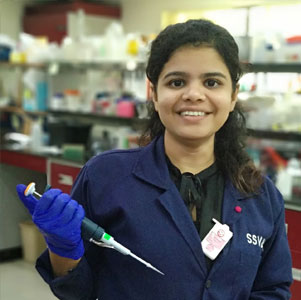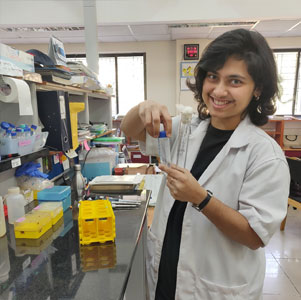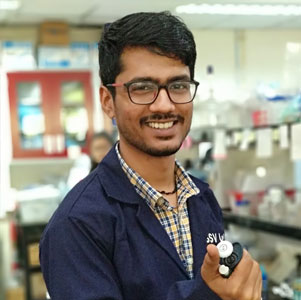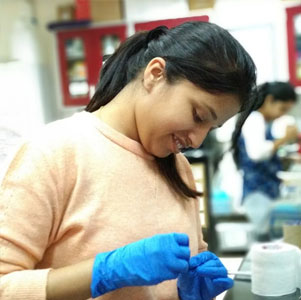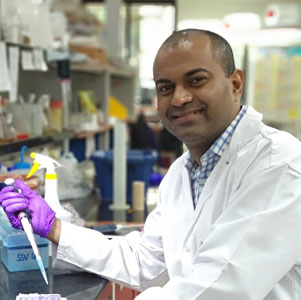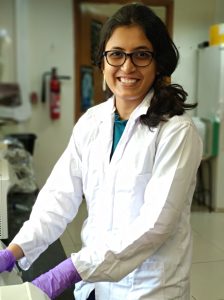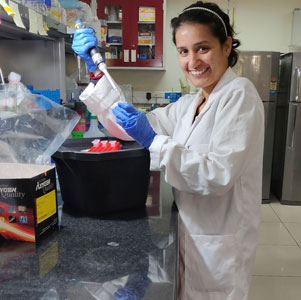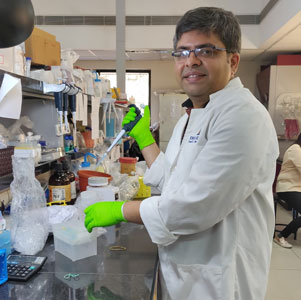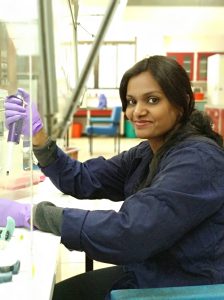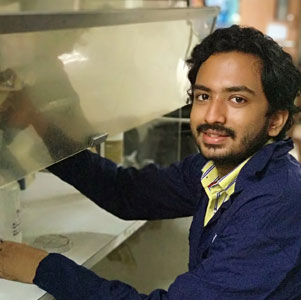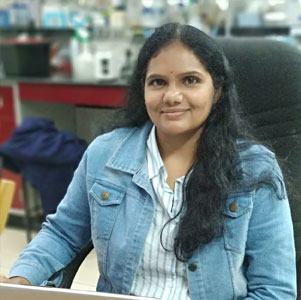Cyclic Nucleotide Signaling: from form to function
The laboratory is primarily interested in studying aspects of signal transduction mediated by cAMP and cGMP. We focus on two model systems, namely mycobacteria and the mammalian gut. We have characterized both biochemically and structurally, novel enzymes and proteins involved in cAMP-mediated signaling in Mycobacteria. Our understanding of these signaling pathways has led to an appreciation of the complexities of cAMP utilization by these bacteria, which no doubt will impinge on aspects of their pathobiology in future. The second project relates to cGMP signaling in the mammalian gut. Here, we study a membrane-associated guanylyl cyclase that serves as the receptor for a family of bacterial toxins that cause watery diarrhea. This receptor, GC-C, is also the target for the endogenous ligands guanylin and uroguanylin, We have contributed to the understanding of the role of this receptor in normal gut physiology and in regulating intestinal epithelial cell proliferation. Recently, we have been involved in the characterization of human mutations in GC-C that cause disease in humans. We are currently generating novel transgenic mice that mimic these human mutations in order to understand the molecular basis for the disease seen in humans. Below is a signaling pathway described for this receptor.
